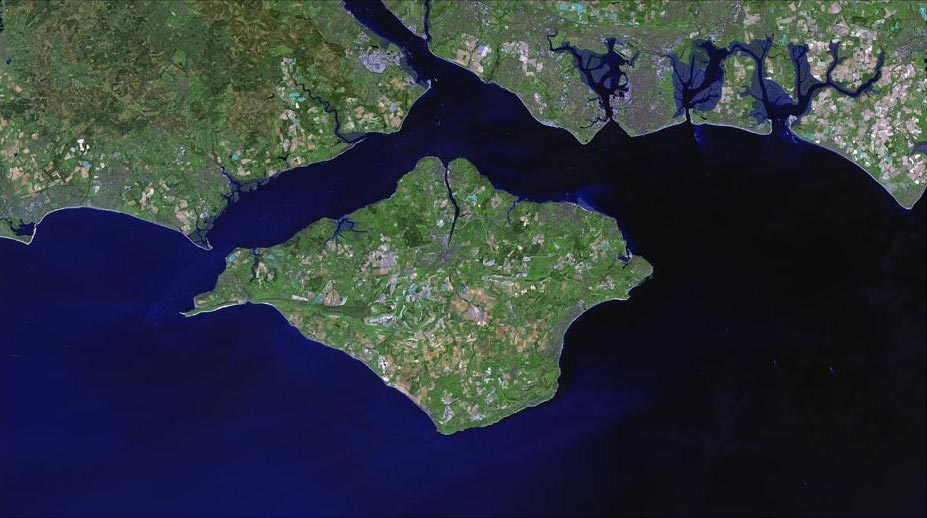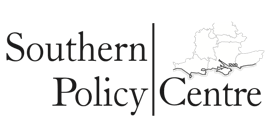Isle of Wight, United Kingdom, from Space. The raw satellite imagery shown in these images was obtain from NASA and/or the US Geological Survey. Post-processing and production by http://www.terraprints.com
The Case for a Smarter Intelligent South
The South of England has a rich digital heritage, world-class universities and a thriving tech sector. Surely it is smart already? In some respects it is, but in others, it is way behind the pack. Compared to other regions in the UK, EU and SE Asia the South is behind in a number of key areas that define a smart community.
The first is our slow uptake of fibre to the premises (FTTP) at gigabit speed. This lack of capacity will be a brake on future productivity. But could be fixed just like the Isle of Wight. Any plan for connecting to gigabit fibre has to include our rural communities too. One industry response will be to look forward to widespread 5G coverage. This could be true especially alongside the new devices and apps that use this ultra fast bandwidth. But 5G also requires a fast backhaul data infrastructure. So let’s start with a rapid fibre upgrade.
The second is is around how data is being used in terms of delivering outcomes and measuring success. For instance, what digital twins do we have locally and can they talk to each other? Let us start the debate on the outcomes we want our region to be famous for. How do we want our visitor experience managed? How much pollution in our water is acceptable? Successful smart places embrace the Sustainable Development Goals (SDG’s). So should the South.
My third missing element is around data governance. A dry topic but ensuring that data is trusted, secure and private is critical to success. Governance is required because smart places will want to use personal data to deliver personalised services, a balance, therefore, is to give the citizen control of what data is shared for what purpose. Governance ensures all parties play fair. The South can be a leader here, leaning on our world class universities.
Final missing element is creating the collaborative landscape that facilitates new innovation and new opportunity. For smarter places to evolve will require effort from multiple stakeholders. Including the supplier community and ‘smart’ manufactures; developers and landlords; local councils; as well as consultancies, creatives and marketeers. But this needs a multiplicity of ingredients to come together, from: innovation spaces, business support schemes, funding or a simply having a cluster of like minded folk. Luckily the South has some great projects such as Fawley Waterside and Lennox Point that will help here. But more are required.
In collaboration with the Southern Policy Centre, KnowNow Information are seeking sponsors for a paper that will shape the debate on how our region can adopt a sustainable roadmap in applying digital solutions to everyday challenges and enabling new experiences for our villages, towns and cities.
A roadmap that puts citizens in control of who uses their data; that uses the SDG’s as the measure of success. Between us all we can facilitate collaboration to allow new innovation, which creates new opportunities for local talent and enterprise. Now that sounds like an Intelligent Smarter South.
To get involved in supporting the Intelligent Smarter South, get in touch via chris.cooper@kn-i.com or @mobilitycooper


